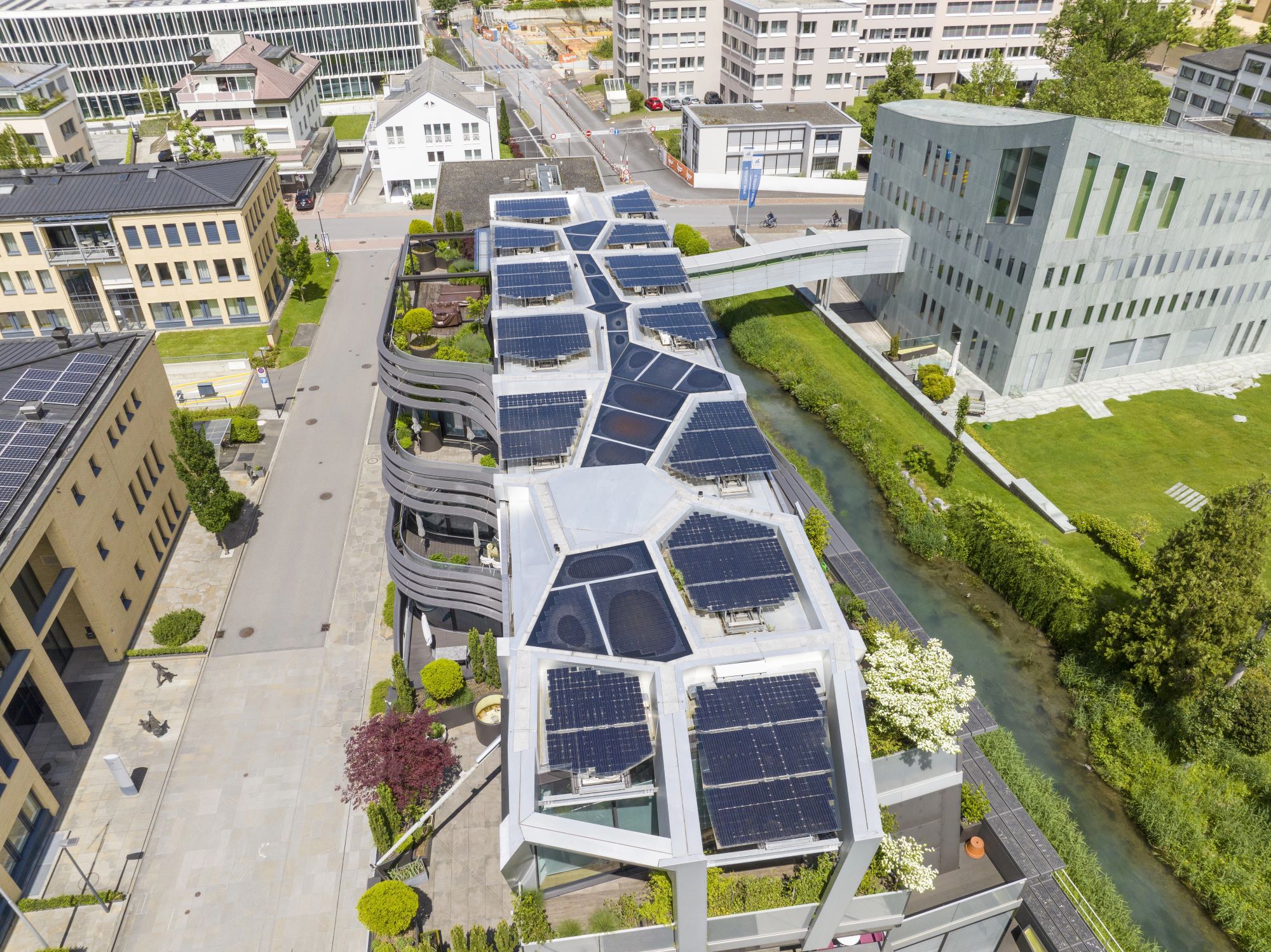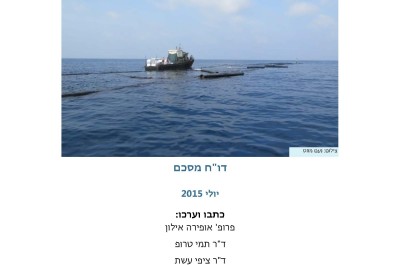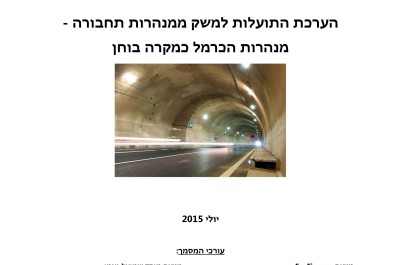Informing
Policy
for Progress
 / Science, Engineering & Technology / Energy & Environment / Page 3
/ Science, Engineering & Technology / Energy & Environment / Page 3


The Samuel Neaman Institute interdisciplinary energy and environment research cluster encompasses a broad spectrum of focus areas. It explores the sustainability of energy and waste supply chains, examining diverse policies and management approaches. The focus extends to strategies for minimizing greenhouse gas emissions through the promotion of innovative technologies, economic incentives, and enhancing policymakers’ understanding of the social and psychological factors that influence changes in attitude and behavior. Additionally, our research addresses climate change adaptation, emphasizing urban resilience and the advantages of forests and open spaces in promoting personal resilience through contact with nature. Furthermore, our team investigates drivers of food waste, measures to address them, and policies aimed at reducing food waste.
Liron Amdur, Orna Raviv, Eyal Shimoni, Ofira Ayalon
Ofira Ayalon, Efrat Elimelech, Yaniv Reingewertz
Ofira Ayalon, Miriam Lev-On, Perry Lev-On, Naama Shapira
Ofira Ayalon, Debby Kaufman, Naama Shapira, Baruch Weber
Naama Shapira, Or Aleksandrowicz

According to the Food and Agriculture Organization (FAO) publication, most of the world fishing areas

The study analyses direct benefits (time and fuel saving) and indirect benefits (noise and air

The electric power grid, by its nature, operates under unsteady conditions resulting from fluctuations in

In electric power generation using high temperatures (typically by burning fuels or by nuclear fission),

The research was conducted for Adam Teva V’Din in cooperation with ADALYA consulting. The study